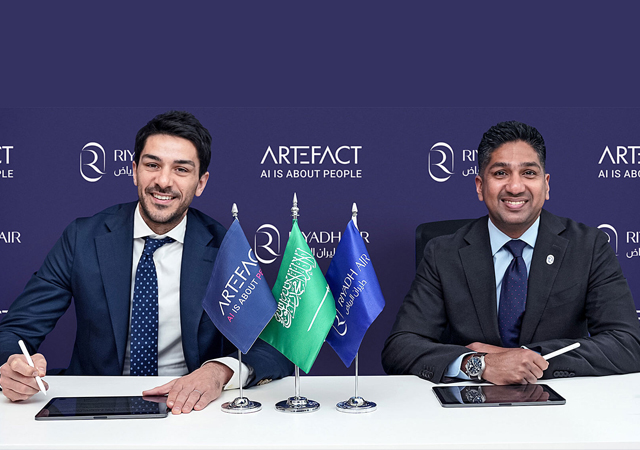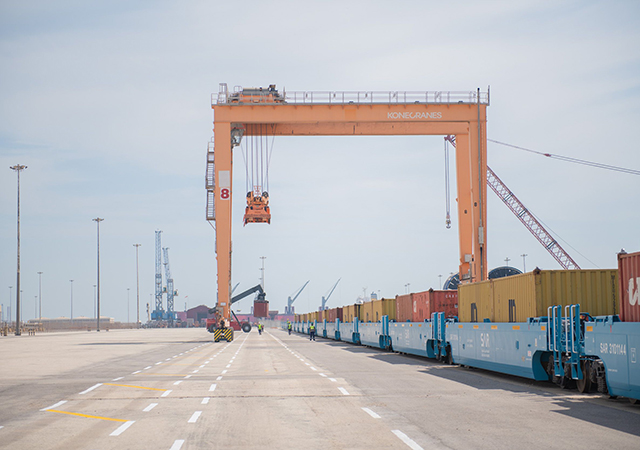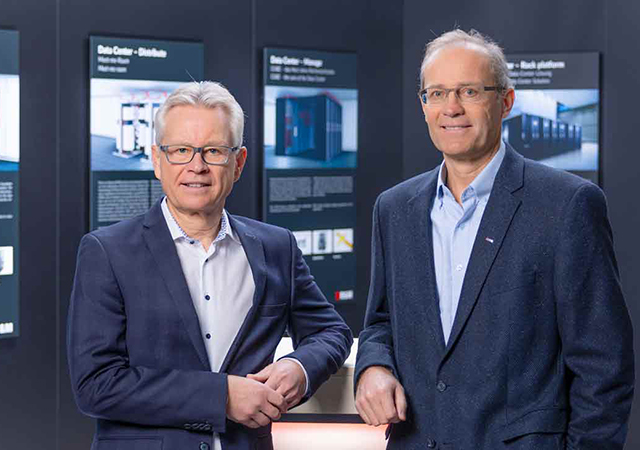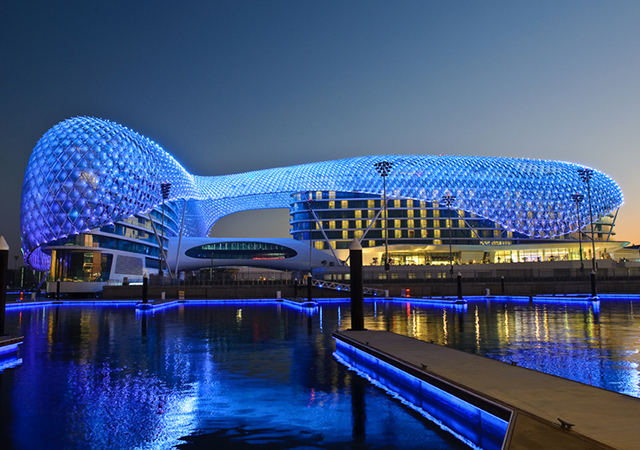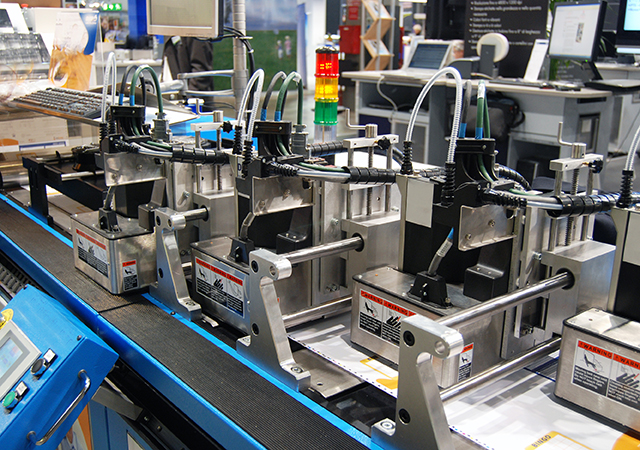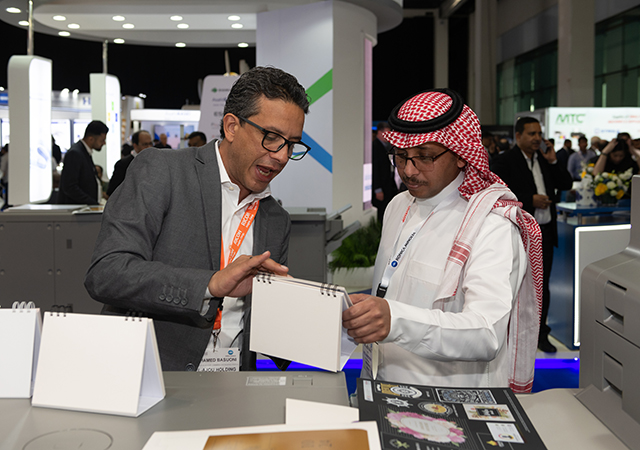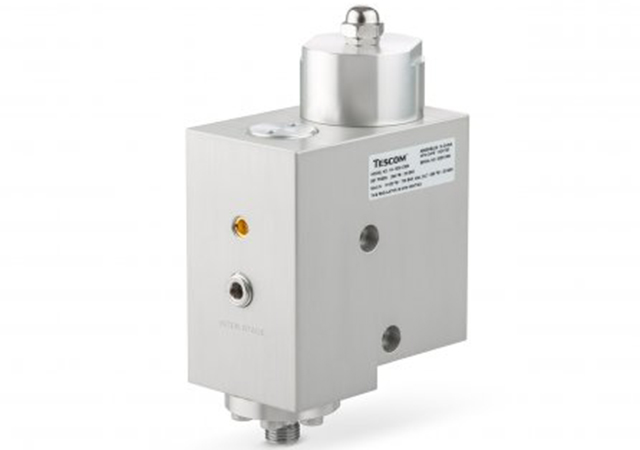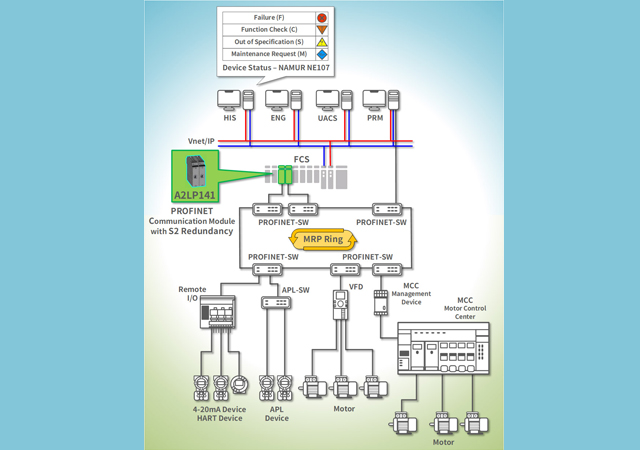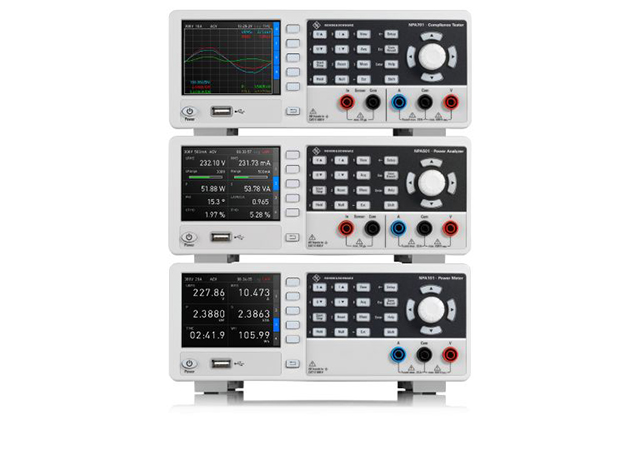
Saudi Arabia's only manufacturer of high-carbon steel products plans to set up its own specialist mill to produce raw materials to ensure availability at crucial times and cut costs in its plant operations at Jubail, the company announced.
National Metal Manufacturing and Casting Company also revealed that it would expand output of current products and diversify within the metal business to manufacture self-drilling screws for fastening of metal cladding.
The mill to produce raw materials is still in the contemplation stage and could take up to three years to materialise, said marketing manager David Massey. The official said the new mill could either be a joint venture or an enterprise launched from within the company's own resources.
Massey said that while there were no major problems in terms of raw materials, sudden unexpected demand did pose problems from time to time. "To solve these problems the company is now contemplating a manufacturing facility in the form of a specialist steel mill to produce its own raw materials," he said. He visualises a capacity of 500,000 tonnes per year for the new unit.
National Metal Manufacturing and Casting Company is a self-contained wire drawing plant specialising in high-carbon wires and having a capacity of 40,000 tonnes per annum. Founded in 1990, the company is a private joint stock establishment with a capital of SR100 million and with National Industrialisation Company in Riyadh as the promoter and major shareholder.
The plant is a fully integrated manufacturing unit with flexible production capability and fully equipped state-of-the art laboratory facilities. The processes include wire rod pricking, wire drawing, annealing, galvanizing, stranding, cold heading, heat treatment and electroplating. The plant was set up in collaboration with Voest Alpine of Austria and the machines are European in origin.
The Jubail factory manufactures products in two main groups, the first of which contains the following items: Prestressing concrete strands (low relaxation) used for prestressing concrete slabs and beams and also for on-site post tensioning applications; spring wires used for bedding and seating applications; high-carbon galvanised wires and strands used for reinforcing high-voltage overhead conductors and low-carbon galvanised wire used primarily for cable armouring and fencing applications.
The second group of products contains the following: High-tempered and mild-steel bolts, welding wires for continuous welding applications, hardened steel nails for concrete fixing, and pallet nails and drywall ring shank nails.
"Almost all products have found wide acceptability in both the local and export markets, and the factory is running close to full capacity," said Massey. "The prestressed concrete strand is a particularly strong product and sold in all export markets. The split between export and domestic sales is 60-40 in favour of exports. Further expansion in export markets is not envisaged because of unattractive price levels currently prevailing in these markets."
The official observed that while sales volumes had been growing rapidly, profitability had declined in common with global price levels for steel and steel products.
"The company faces intense competition both in the domestic market and especially in the export markets from world-class competitors," acknowledged Massey. "The absence of anti-dumping legislation in the Gulf and Middle East markets is an ongoing problem for local manufacturers shipping products outside their own national borders."
Massey insisted that demand for the company's products continued to grow and further expansion of capacity was planned for 2001. The additional capacity would be used to broaden existing product ranges and to fill existing demand. Commenting on market conditions, he said problems of market price levels were not going to go away in the short term. Developed countries had antidumping legislation in place and it had recently been enforced in the US against steel producers dumping their goods in that market. Similar legislation, he noted, would ensure fair competition in the GCC and Middle East markets.
Some governments assisted exporting companies by offering export credit guarantee insurance, which allowed local companies to offer extended payment terms to customers without the need for letters of credit. A similar programme in the GCC states would be of significant help to local exporters, commented Massey.
Most of the competition that the company faces is in low-carbon steel products, while the company holds sway in high-carbon steel. The competition mainly comes from Europe, Thailand and Indonesia.
About diversification, he said a unit for making self-drilling screws had been installed and trial production had commenced. Full production is expected to begin soon with initial output pegged at 300 tonnes per year. Most of the output is likely to be sold within the country itself.


